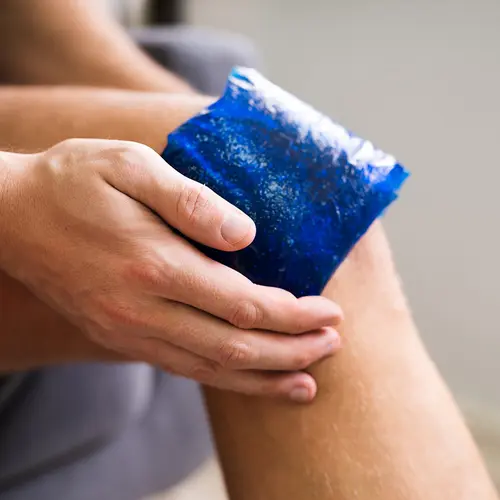Living with psoriatic arthritis has its challenges beyond pain, stiffness, and fatigue.
There can be an emotional side to the disease, too. It's not unusual to get frustrated by your symptoms and find it harder to do simple tasks. You may worry about the cost of your treatment or how it affects other people. And depending on where your skin plaques are, you might be embarrassed by your psoriasis.
You can deal with these emotions in a positive way. While you may not be able to cure your condition, you do have a say in how you handle it.
Tame Stress and Anxiety
Any long-term illness comes with stress that can translate to:
- Low energy
- Poor sleep
- Being more irritable
- Changes in appetite
- Avoiding your social life
With psoriatic arthritis, the stress can both worsen and trigger symptoms: A flare-up can raise your stress, which makes your pain and skin worse, which adds more stress.
Anxiety can lead to poor sleep, which leaves you feeling more tired and achy the next day, so you won't sleep as well. Worrying about psoriasis may even keep your treatment from working its best for you.
Do something nice for yourself every day to ease the effects of stress. It doesn't have to be a big deal. Make yourself a cup of herbal tea in the afternoon. Even a few quiet minutes of "me time" when you wake up or before you go to bed can help. It's not selfish. It's as important as taking your medication.
Stay Connected
You might be tempted to pull away and not make the effort to be social. But that isn't good for you.
With people you’re close to, you can share your innermost feelings and they accept you -- just as you are. Their comfort and support can often offset the unpleasantness.
With their help, you may also find it easier to keep up with your treatment.
The findings are the same in study after study: People with many social contacts -- a partner, a close-knit family, a network of friends, and religious or other group connections -- live longer and have better health. So open up and reach out.
Treat Depression
You're more likely to become depressed when you have an ongoing condition.
People with depression may feel:
- Sadness
- Guilt or worthlessness
- Irritability and anger
- No interest or pleasure in things they used to enjoy
Other common signs include:
- Trouble sleeping
- Fatigue
- A tough time getting out of bed
- Trouble concentrating, making decisions, or remembering
- Mood swings
- Staying at home and avoiding friends
- Weight loss or gain
- Headaches or stomachaches without a known cause
Depression can be treated. Medication can help reset the chemicals in your brain, and therapy can help you work through your troubles. Even things like exercise can help.
Let your doctor know if you feel down for more than a couple of weeks. They can help you come up with a plan to feel better.
Take Action
One of the best things you can do when your feelings start to get to you is to talk with your doctor or a mental health professional. Counseling can help you change negative thinking patterns, plan strategies, and build skills to become stronger emotionally.
Also, stay active. It’s good for your mood as well as your joints. If simple activities like walking are hard, get in the pool. The water supports your weight, so you can move more easily and without impact on your joints.
Consider yoga, tai chi, or qi gong, too. These gentle, meditative practices help you find a sense of centered calm and keep you flexible.
You may also want to try mind/body treatments such as progressive muscle relaxation, guided imagery, and biofeedback. They can teach you to control your body's reaction to stress -- including your heart rate, blood pressure, and muscle tension -- and manage pain.

